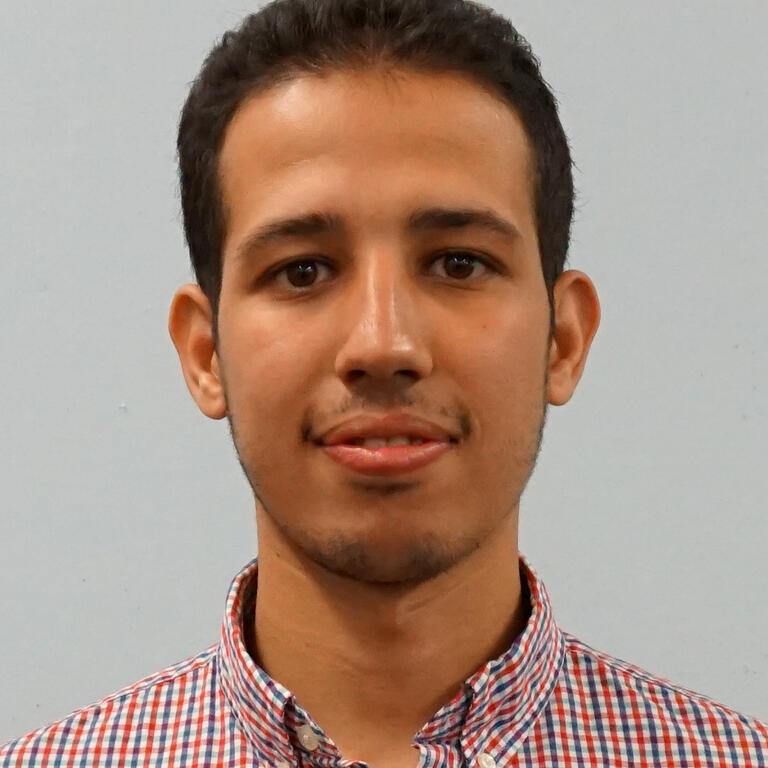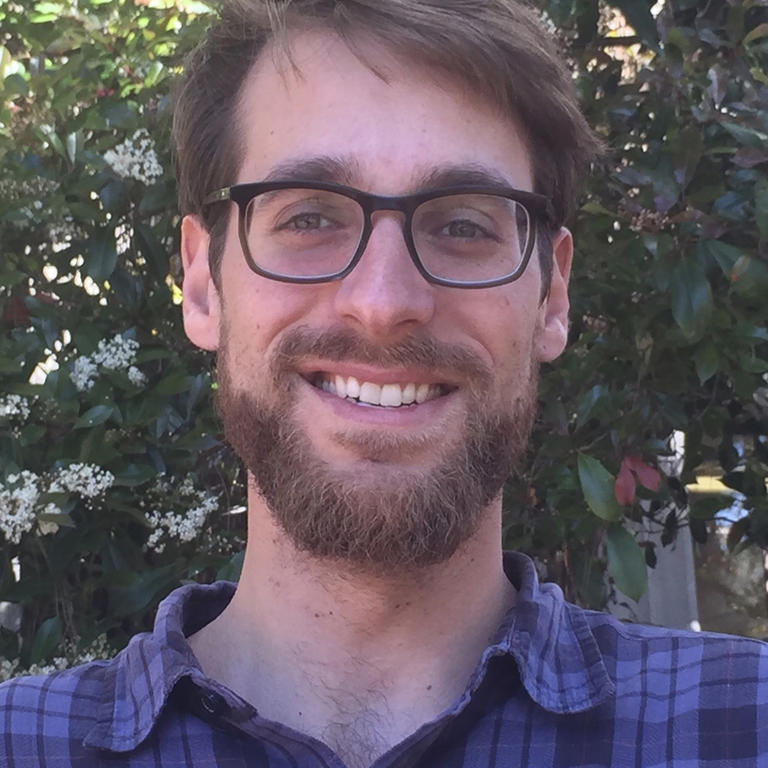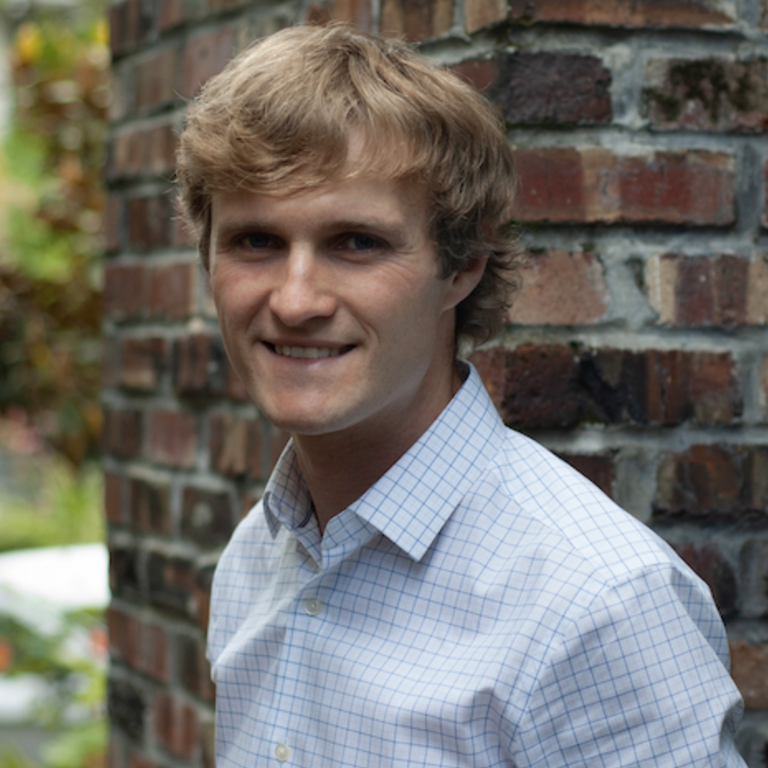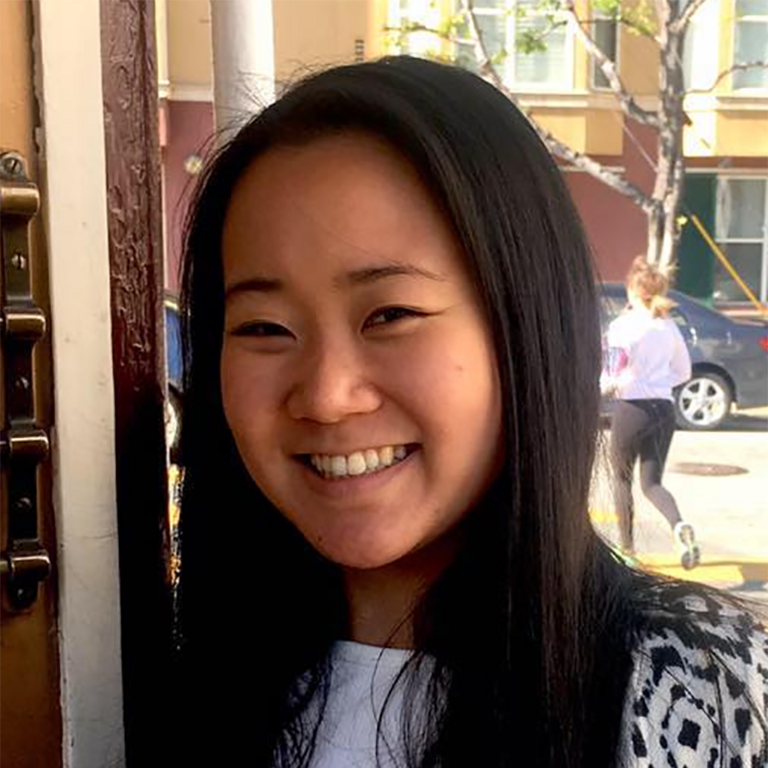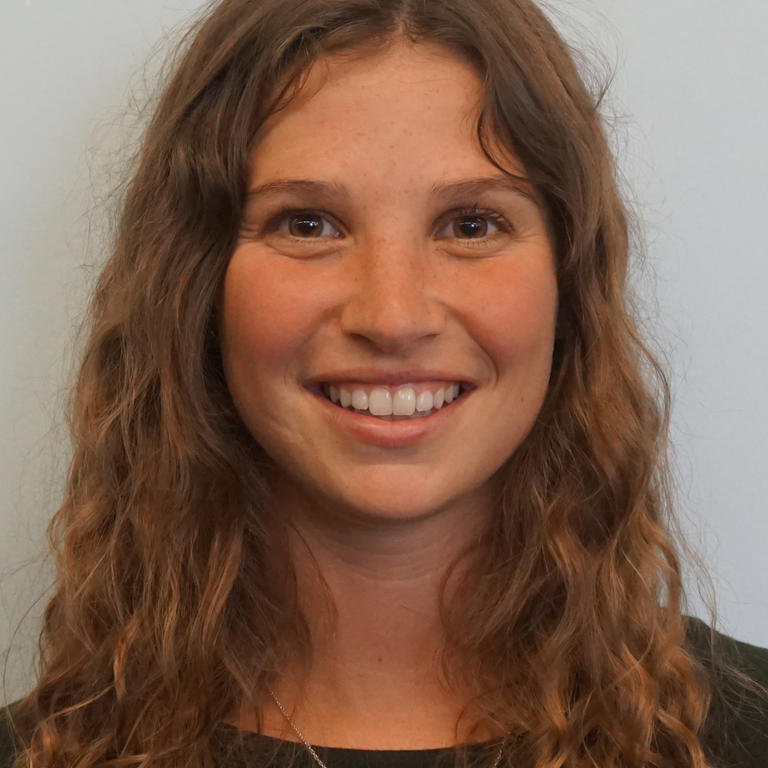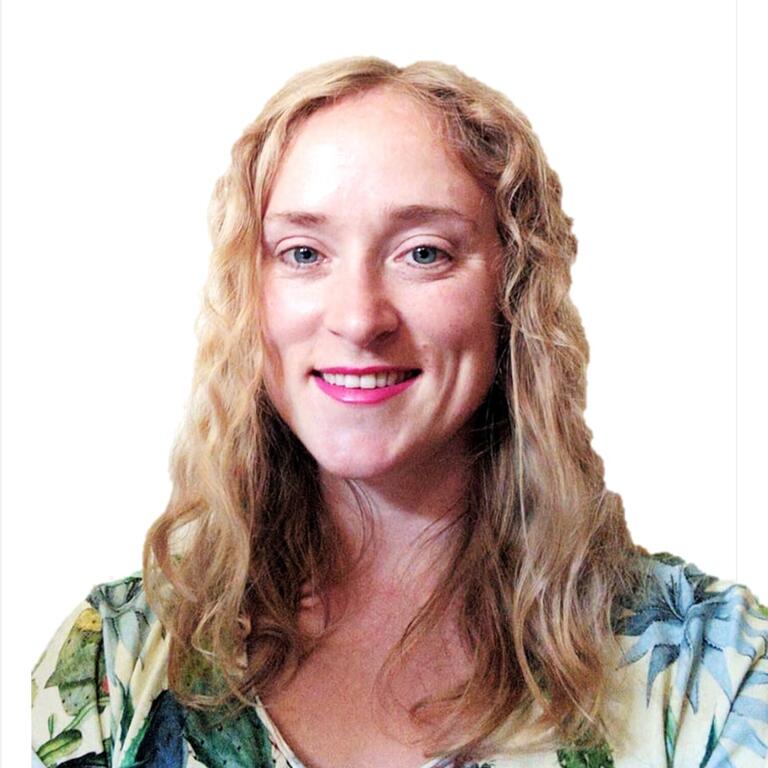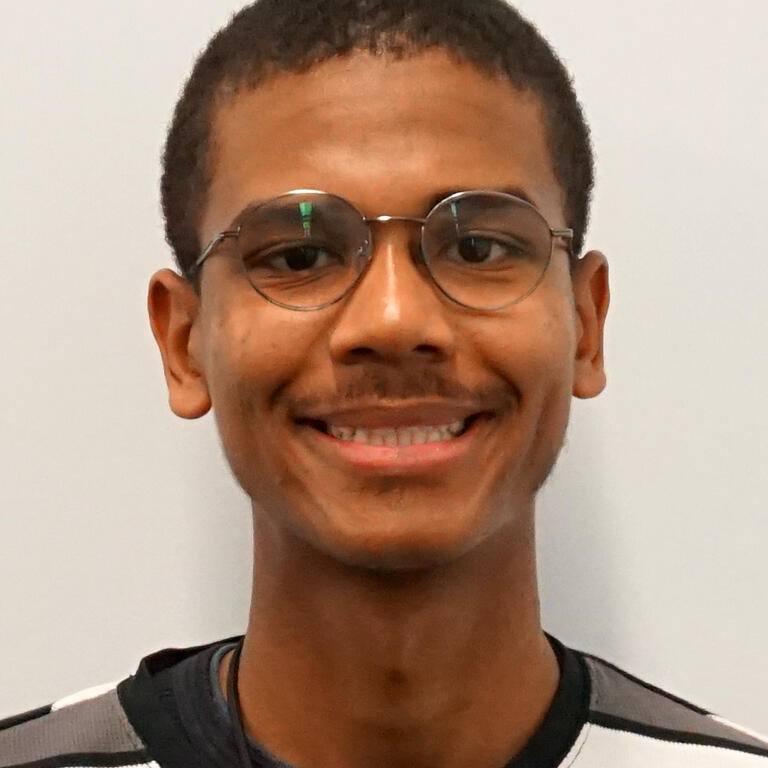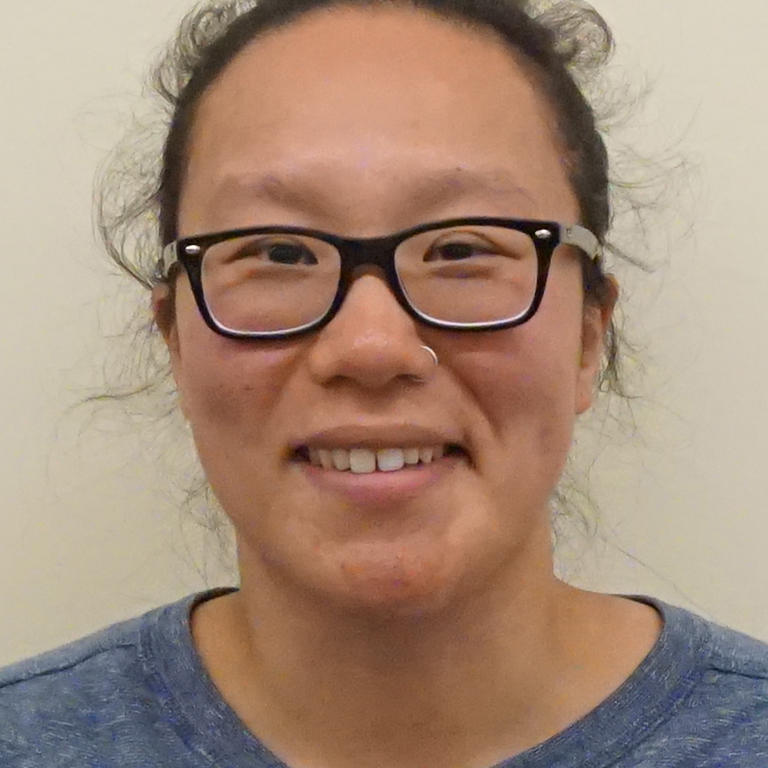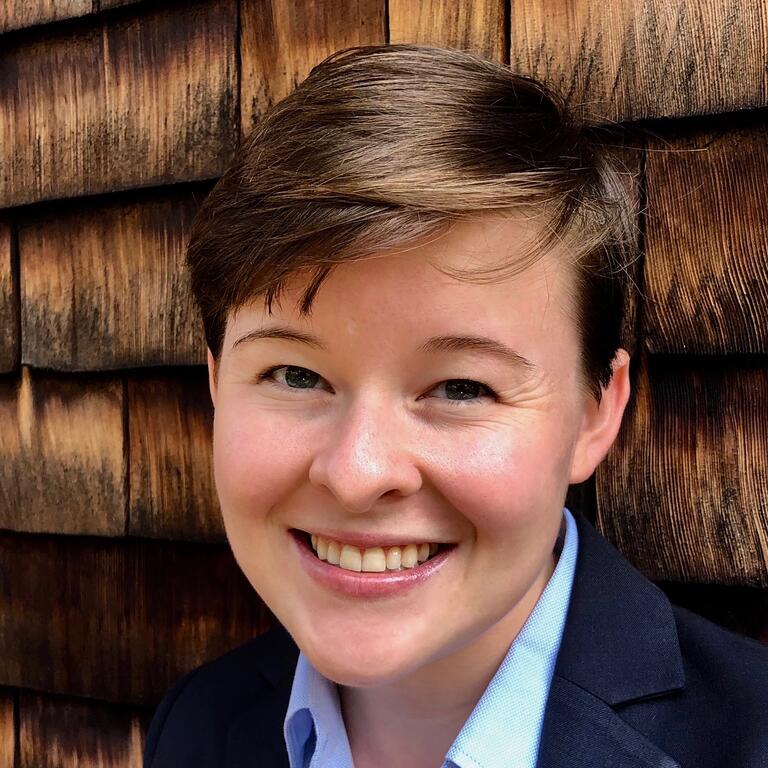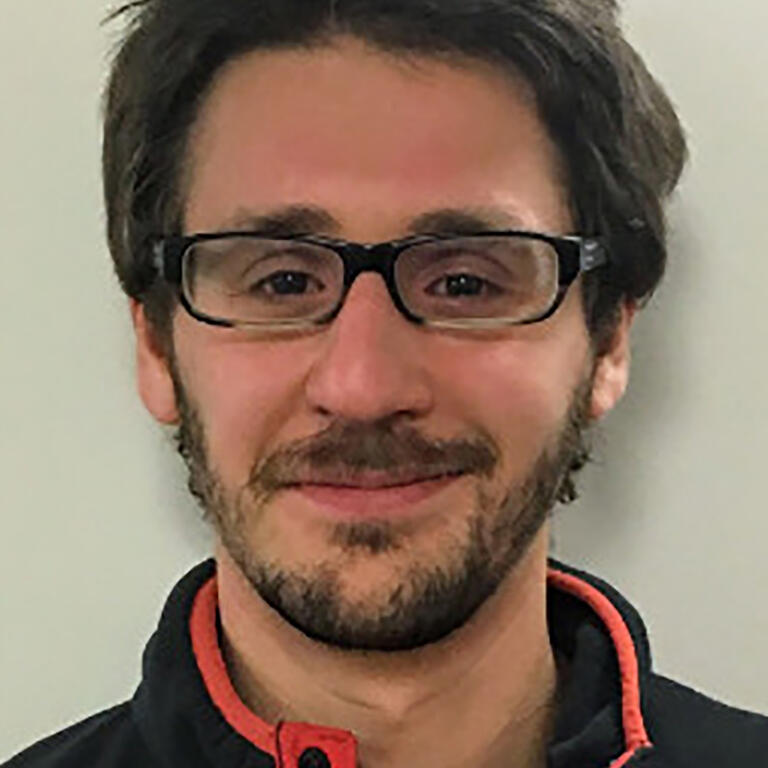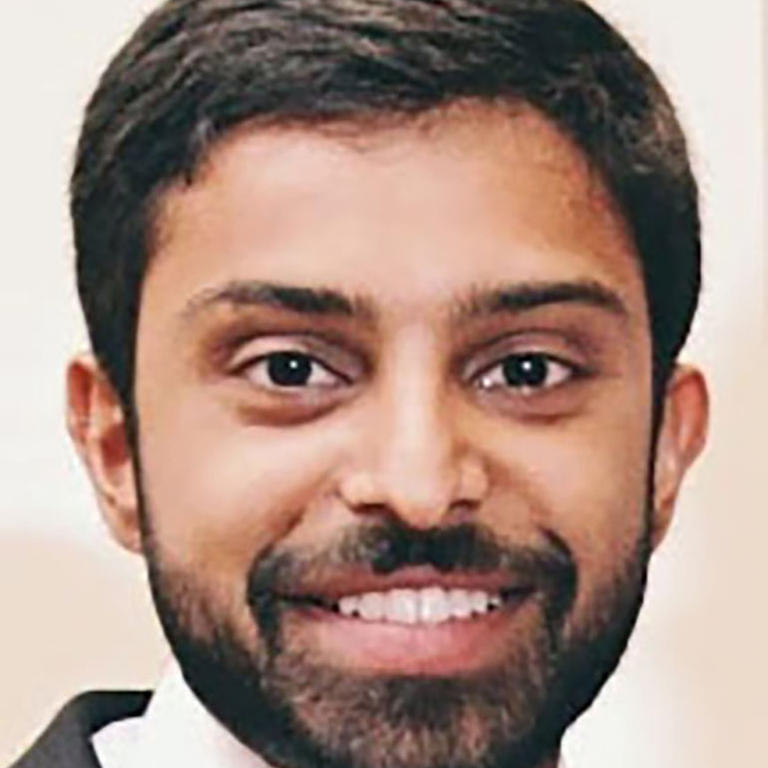Congratulations to the 12 UC Berkeley ITS students who received Dwight David Eisenhower Transportation Fellowship Program (DDETFP) fellowships for the coming year.
“ITS Berkeley has a long tradition of producing strong fellowship award winners who have greatly contributed to the transportation and planning fields,” says ITS Berkeley Director Alexandre Bayen. “It is exciting to see the broadness of topics our awardees are covering, and especially heartening to see some of our students and their research earning awards for a second year.”
Winners include: doctoral student Mohamed Amine Bouzaghrane, advised by Civil Environmental and Engineering (CEE) professor Joan Walker; doctoral student Teddy Forscher, advised by Walker, CEE professor Susan Shaheen, and City and Regional Planning (DCRP) professor emerita Betty Deakin; MCP student Gregory Harasym; doctoral student Chester Harvey, advised by DCRP professor Daniel Rodriguez; masters student Kathy Jang, advised by Electrical Engineering and Computer Science professor Alexandre Bayen; doctoral student Jessica Lazarus, advised by Shaheen and Bayen; MCP student Lily MacIver; doctoral student Aqshems Nichols, advised by Walker and Shaheen; doctoral student Alexandra Pan advised by Susan Shaheen; doctoral student Madeleine Parker advised by DCRP professor Karen Chapple; doctoral student Eugene Vinitsky, advised by Bayen; and doctoral student Pavan Yedavalli, advised by DCRP professor Paul Waddell.
The Eisenhower Fellowship is a competitive program administered by the Federal Highway Administration for the Department of Transportation. The fellowships are awarded to students pursuing degrees in transportation-related disciplines and aim to advance the transportation workforce by helping to attract the nation's brightest minds to the field of transportation, encouraging future transportation professionals to seek advanced degrees, and helping to retain top talent in the U.S. transportation industry. The awards are merit-based and generally result in 150-200 grants annually, subject to the availability of funds.
The program also supports Fellows to participate in the Transportation Research Board Annual Meeting, held online this year Jan. 21–22 and 25–29 2021 for sessions and exhibits and Jan. 5–8 and 11–15 for committee meetings.
Winners and their research interests include:

